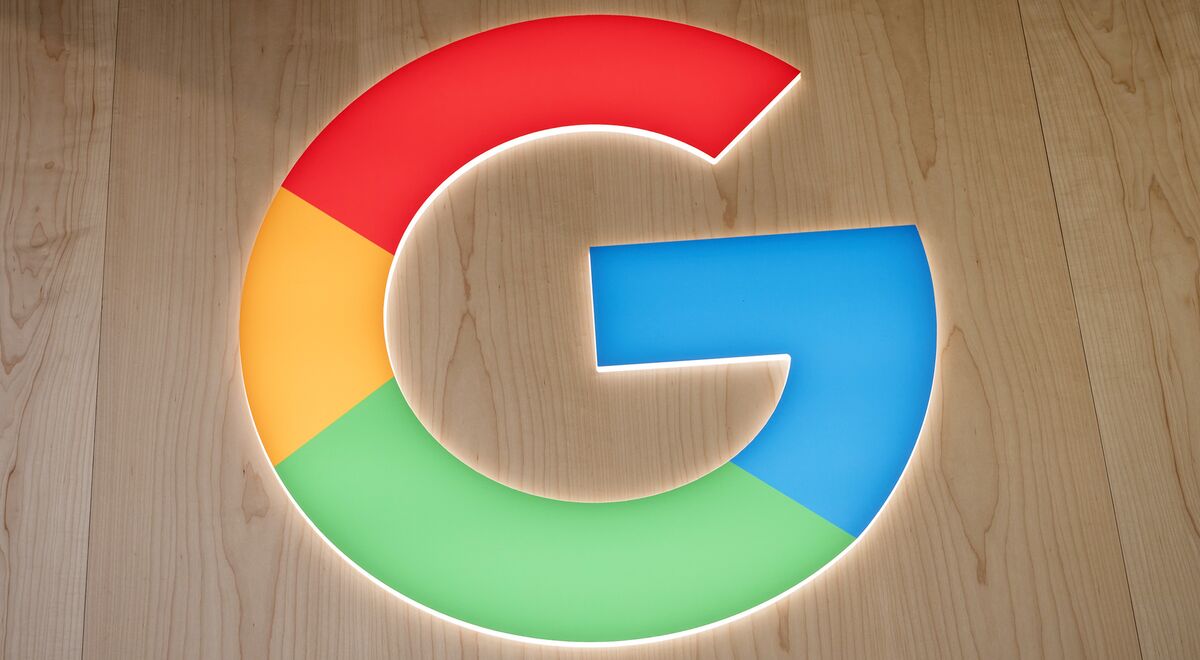As digital platforms grow and dominate the market, regulatory bodies are taking a keener interest in their practices. Recently, Google has become the epicenter of a significant controversy – it’s facing a European Union (EU) break-up order over alleged anti-competitive practices in the advertising technology (adtech) sector. This order could potentially reconfigure the entire adtech landscape and its impact on Google, competitors, advertisers, and consumers is worthy of an in-depth analysis.
Google’s Adtech Dominance
Google’s dominance in the digital advertising market is no secret. With their proprietary technology, they have created a vast network of advertisers and publishers, resulting in an intricate web of interactions. Critics argue that Google is a ‘gatekeeper’ controlling both the demand and supply sides of the digital advertising market, thereby stifling competition.
The EU’s Concerns
The European Union, already recognized for its stringent data protection laws and antitrust regulations, has been scrutinizing Google for quite some time. The primary concern is that Google allegedly abuses its dominance by preferencing its services, forcing advertisers and publishers to utilize its platform, and blocking competitors from accessing valuable data.
The EU Break-Up Order
The EU is considering a break-up order, a rare and drastic measure, to dismantle Google’s adtech business. If successful, Google will have to split its services into separate entities to prevent the company from monopolizing the digital ad market.
The potential implications of such an order are significant. It could level the playing field, providing an opportunity for new and existing players to compete on fairer terms. However, it could also disrupt the digital advertising ecosystem, leading to unpredictability and potential inefficiencies.
Impact on Digital Market Competition
A break-up order could change the competitive dynamics of the digital market. Competitors might find it easier to gain market share and innovate, while advertisers and publishers may benefit from a wider range of choices and better prices. However, the transition could also bring short-term instability and uncertainty.
Google’s Response and Future
Google has defended its practices, arguing that its integrated adtech services provide significant benefits to advertisers and publishers, including efficient pricing and convenience. The tech giant is expected to contest the order, potentially leading to protracted legal battles.












